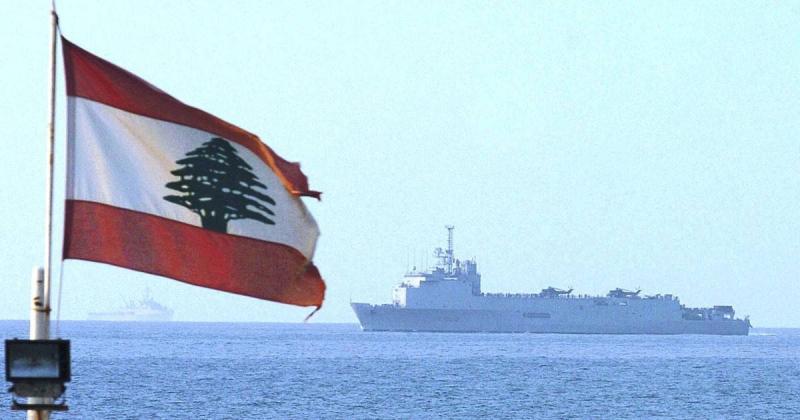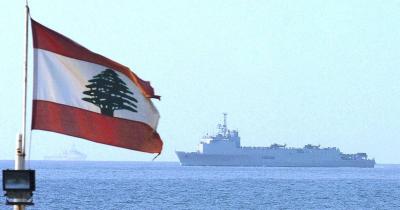Regarding the demarcation of the southern maritime borders, while Lebanon awaits a U.S. proposal concerning the agreement on this demarcation at the end of this week from U.S. mediator Amos Hochstein, Deputy Speaker of Parliament Elias Bou Saab indicated that "we are eager for President Michel Aoun to receive within 24 hours the written response or offer from the U.S. mediator Amos Hochstein regarding the border demarcation file, which will be studied, and if it is within the borders, it will be positive and built upon." Bou Saab confirmed in a televised interview that "the atmosphere is positive, and we do not want to overindulge in optimism while awaiting the written response," noting that "there were many pending points between the Lebanese and Israeli sides that we managed to resolve," emphasizing that "the solutions were suitable for Lebanon," according to "Al-Joumhouria."
**Israeli Position:** Meanwhile, the Israeli Broadcasting Authority reported yesterday that Israel expects to receive the final draft of the U.S. proposal regarding the maritime border demarcation with Lebanon within days, and the Israeli cabinet (the security and political cabinet "kitchen") is expected to meet next Thursday to discuss approving the maritime border demarcation agreement between Israel and Lebanon. It added, quoting unnamed "informed Israeli sources," that "the U.S. mediator for this file, Amos Hochstein, is expected to present his position on this matter in the coming days, and it is expected that he will meet with Israeli National Security Advisor Eyal Hulata, who is currently visiting Washington."
In this context, the Israeli Broadcasting Authority stated that the verification process for the safety of the pipelines in the Karish platform, referred to by Lebanon as "Qana," is expected to begin next week. It noted that this testing comes against the backdrop of significant progress in negotiations to resolve the maritime dispute between Israel and Lebanon. It added: "The testing is expected to take several weeks, and only when it is completed will gas pumping begin." It continued: "As part of the check, the integrity of the drilling device and the system for transporting natural gas from the drilling device to the national grid will be examined." It clarified: "It is important to emphasize that this is not the production of natural gas, but a flow of natural gas in the opposite direction, from the coast to the drilling platform, for the purpose of testing the systems."
The authority stated: "The weeks during which the testing will take place will provide an additional window of time to reach an agreement before the gas is pumped from the reservoir." It added: "In this context, Israeli officials continue to clarify that the date for starting gas pumping will begin when the drilling platform is able to pump, regardless of 'Hezbollah' threats." The authority mentioned that this comes alongside Israeli estimates reviewed during discussions held by Israeli Prime Minister Yair Lapid last Sunday, indicating that an agreement on maritime border demarcation between Israel and Lebanon will be reached in the "coming week or two."
Channel "Kan 11" reported that the meeting of the small cabinet is taking place in light of "significant progress in talks to resolve the maritime dispute between Israel and Lebanon," with optimism among Israeli officials that an agreement in this regard will be reached with Beirut, mediated by the U.S., within days.
The Israeli government's legal advisor, Gali Beharev-Miyara, expressed her approval for the transitional government led by Lapid to sign an agreement on maritime border demarcation with Lebanon, with only the cabinet's approval needed, without the necessity of presenting the expected agreement to the Knesset for a vote or holding a public referendum on it. A senior Israeli government official told "Haaretz" that the government's legal advisor indicated that the agreement would not be subject to the "Basic Law: Referendum"; thus, the agreement would not be presented to the Knesset for ratification until it is signed.
This decision by the legal advisor followed petitions from several right-wing entities to the Israeli Supreme Court, demanding that any decision regarding the agreement with Lebanon on maritime borders be subjected to a public referendum. Meanwhile, Israeli Energy Minister Karin Al-Harar limited her comments on recent developments, stating: "The negotiations are complex, and our country is primarily concerned with its security and economic interests."




